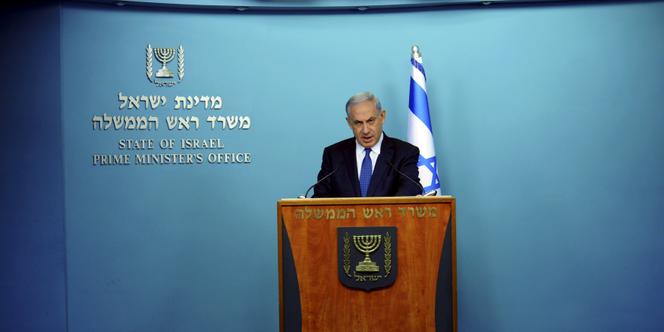


Alain Dieckhoff is director of research at CNRS and professor at Sciences Po's Center for International Studies. He is the author of Israël-Palestine: Une Guerre sans Fin? ("Israel-Palestine: An Endless War?," 2022).
The plan for a permanent ceasefire, presented on May 31 by the US president, seems to me to be well-balanced, even if some points would certainly merit clarification in the sequence of events. It offers two major things: to the Palestinians, quite simply, an end to bombing and military operations; to the Israelis, the return of hostages still being held (or, unfortunately, dead). Joe Biden has deliberately made this roadmap public to put pressure on both parties, but judging by initial reactions, the gamble has not been won.
On the Israeli side, Benjamin Netanyahu risks not being content with a merely diminished Hamas, but aiming for the eradication of the Palestinian group – an objective that is, if not illusory, at least distant. What's more, if he accepts this plan, he runs the risk of being let down by the extremists in his government (Ben Gvir, Smotrich) and losing his majority. On the Hamas side, continuing to fight would not only demonstrate its ability to endure but would also keep the Israeli army in the Gaza trap and permanently taint Israel in the eyes of a large part of the world. In short, the American initiative is welcome, but it's not certain that it will materialize.
Since 1948, Israeli society has experienced many traumas, but nothing like the mass slaughter of October 7, which affected the vast majority of civilians, murdered in their homes, their cars or at the rave. This massacre spared neither children, women nor the elderly. This indiscriminate violence sent shockwaves that have not died down because the Hamas terrorist attack was accompanied by massive hostage-taking. More than 251 people were originally kidnapped, and around 120 are still in the hands of the Islamist movement as of June 4, 2024. The trauma persists, then, because October 7 is still with us.
The State of Israel was created as a refuge state, to welcome Jews and protect them. The October 7 events challenged this protective function of the state head-on. Israeli citizens suddenly appeared as vulnerable as Jews had been in Tsarist Russia or in Europe under the Nazi boot. It's no coincidence that the term "pogrom" came up so often. Some even spoke of the Holocaust, the Shoah ("catastrophe" in Hebrew), which is obviously an exaggeration compared to the genocide of European Jews, but again underlines the "out of the ordinary" dimension of October 7.
You have 67.78% of this article left to read. The rest is for subscribers only.
